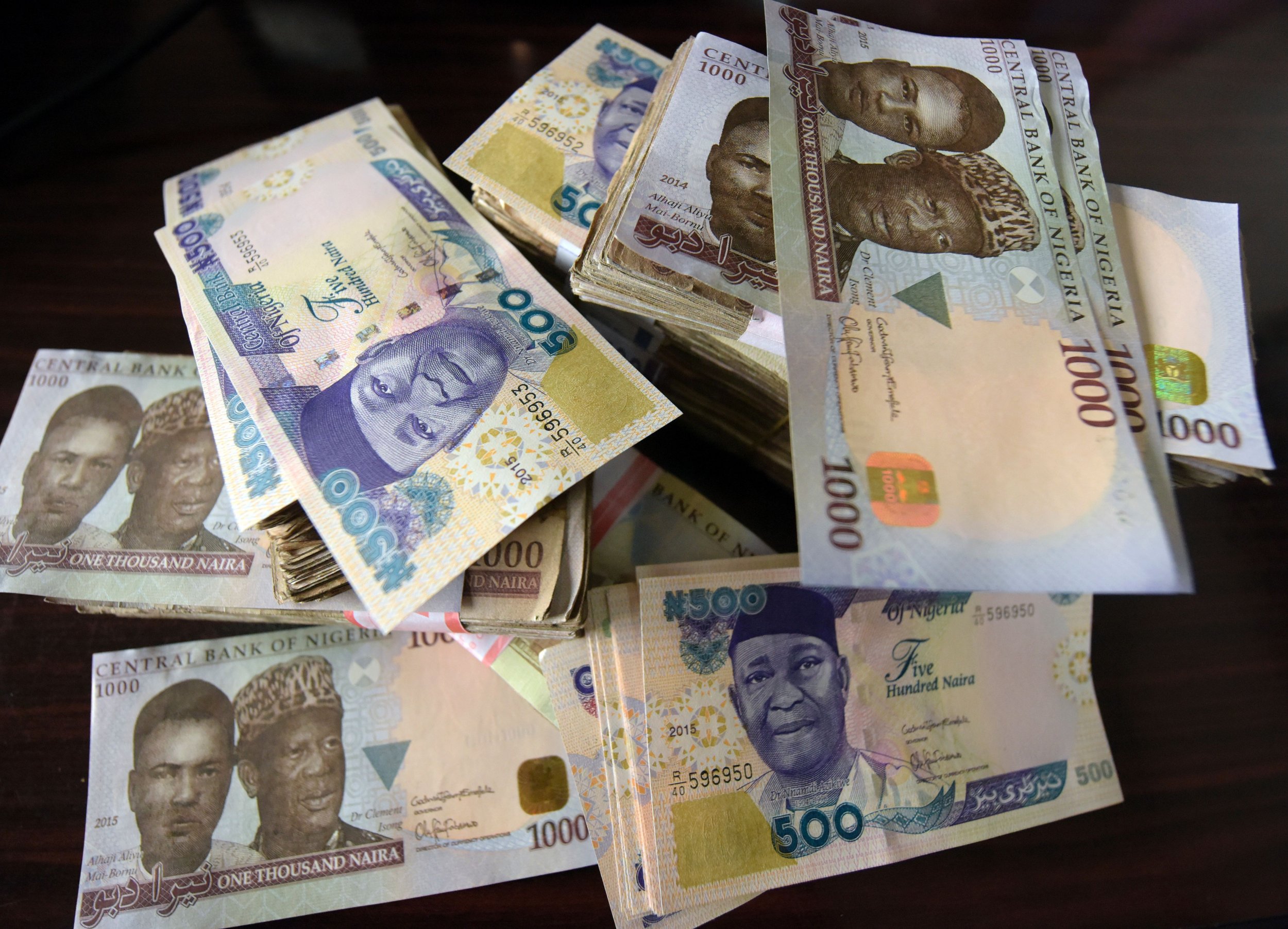
Nigeria, Africa's most populous nation, has entered recession after figures released Wednesday showed that its economy had contracted for the second consecutive quarter.
The Nigerian Bureau of Statistics (NBS) announced that the West African country's GDP had contracted by 2.06 percent in the second quarter of 2016. This followed a contraction of 0.36 percent in the first quarter.
The country is facing an economic crisis largely due to its reliance on the oil sector, which accounts for 70 percent of Nigeria's GDP and over 90 percent of the value of its exports. Oil production has plummeted as militants in the Niger Delta have blown up pipelines, while the cost of oil has more than halved since 2014 and remains at below $50 per barrel at present.
The crisis has seen Nigeria lose its title of Africa's biggest economy to South Africa, according to data from the International Monetary Fund (IMF) released earlier in August.
The NBS report showed that oil production has plummeted to 1.69 million barrels per day (bpd) in Q2, down from 2.11 million bpd in Q1, with oil-based GDP contracting by 17.5 percent in Q2.
Militant groups, including the Niger Delta Avengers (NDA), have upped attacks on oil facilities, demanding a greater share of Nigeria's oil wealth for the impoverished but oil-rich region.
The NDA said Monday that it had "halted hostilities" in the Niger Delta and were ready to enter negotiations with the federal government, but earlier production losses have left Nigeria facing questions about how it will fund its record budget, which was passed in May after months of delay. The $6.1 trillion budget is predicated on oil production level of 2.2 million bpd.
Nigeria's currency, the naira, is also part of the problem. The currency is trading at a record low of 418 naira to the U.S. dollar, according to The Financial Times, as an ongoing dollar shortage keeps foreign investors away. The Central Bank of Nigeria in June abandoned the fixed rate for the naira against the dollar, which critics said should have been done months earlier.
A statement issued by the Office of Nigeria's Vice-President Yemi Osinbajo said that while the figures confirmed a "temporary decline," they also indicated a "hopeful expectation in the country's economic trajectory." Sectors including agriculture and metal ores grew in Q2 and Nigeria's economy is currently contracting at 1.23 percent for the half year in 2016, better than the 1.8 percent contraction predicted by year end by the IMF.
Uncommon Knowledge
Newsweek is committed to challenging conventional wisdom and finding connections in the search for common ground.
Newsweek is committed to challenging conventional wisdom and finding connections in the search for common ground.
About the writer
Conor is a staff writer for Newsweek covering Africa, with a focus on Nigeria, security and conflict.
To read how Newsweek uses AI as a newsroom tool, Click here.








